Code
HCS17500
Weight
4.28 Kg / 9.44 lbs
Size
Height
29cm (11") Width
22cm (9") Depth
10cm (4") Material
Copper
Availability
Available
Date Added
2019-10-11 07:33:06
Note : We used to sell this product 6 years ago so it may no longer be in our stock.
It is possible that we still have it with our suppliers but the price could be different from before.
Feel free to order. We will verify availability and inform you promptly.
It is possible that we still have it with our suppliers but the price could be different from before.
Feel free to order. We will verify availability and inform you promptly.

Safe Payment
We accept Paypal, Money Transfer, Bank Transfer
Confidence
Protection covers your purchase and personal data.
Worldwide Delivery
We ship Worldwide, except Russia.Shipping cost US$25.2 for upto 0.5 kgs

Hotline
Talk to help line for your question on 9841267335Gold Painted Face
The face of Tibetan Statue Of Yamantaka - Vajrabhairava Heruka Megha Sambara, [full Gold Plated], [painted Face] is painted with gold to enhance its significant features, particularly the eyes, and lips. This detailed painting is essential as it brings forth the crucial attributes of the expression of eyes and lips that metal carving alone cannot capture.
Moreover, the painted face serves as a symbolic and sacred ritual in Buddhism, preparing the statue for consecration and practice. The act of painting the face with gold in Buddhism holds deep meaning. It represents the intention to bring life and expression to the statue, imbuing it with a sense of vitality and presence. The application of gold on the face showcases the devotion and craftsmanship of the artisans, ensuring that every detail is carefully attended to honor the sacred essence of the Tibetan Statue Of Yamantaka - Vajrabhairava Heruka Megha Sambara, [full Gold Plated], [painted Face]. Read More . . .
The face of Tibetan Statue Of Yamantaka - Vajrabhairava Heruka Megha Sambara, [full Gold Plated], [painted Face] is painted with gold to enhance its significant features, particularly the eyes, and lips. This detailed painting is essential as it brings forth the crucial attributes of the expression of eyes and lips that metal carving alone cannot capture.
Moreover, the painted face serves as a symbolic and sacred ritual in Buddhism, preparing the statue for consecration and practice. The act of painting the face with gold in Buddhism holds deep meaning. It represents the intention to bring life and expression to the statue, imbuing it with a sense of vitality and presence. The application of gold on the face showcases the devotion and craftsmanship of the artisans, ensuring that every detail is carefully attended to honor the sacred essence of the Tibetan Statue Of Yamantaka - Vajrabhairava Heruka Megha Sambara, [full Gold Plated], [painted Face]. Read More . . .
About Elector Gold Plating
The Tibetan Statue Of Yamantaka - Vajrabhairava Heruka Megha Sambara, [full Gold Plated], [painted Face] has been crafted using the ceramic mold casting process, a modern approach that provides an alternative to traditional methods such as the lost-wax system or rubber molding. Also referred to as ceramic molding, this technique involves the creation of a ceramic mold to cast the statue. The process begins by making a precise and detailed wax model of the desired sculpture. The wax model is then coated with layers of ceramic material, creating a sturdy mold. Once the mold is complete, it is fired in a kiln, causing the wax to melt and escape, leaving behind a cavity that perfectly replicates the original sculpture. Molten metal is then poured into the mold, allowing it to fill the cavity and take on the desired form. Once cooled and solidified, the ceramic mold is carefully broken away, revealing the final metal statue. Read More . . .
The Tibetan Statue Of Yamantaka - Vajrabhairava Heruka Megha Sambara, [full Gold Plated], [painted Face] has been crafted using the ceramic mold casting process, a modern approach that provides an alternative to traditional methods such as the lost-wax system or rubber molding. Also referred to as ceramic molding, this technique involves the creation of a ceramic mold to cast the statue. The process begins by making a precise and detailed wax model of the desired sculpture. The wax model is then coated with layers of ceramic material, creating a sturdy mold. Once the mold is complete, it is fired in a kiln, causing the wax to melt and escape, leaving behind a cavity that perfectly replicates the original sculpture. Molten metal is then poured into the mold, allowing it to fill the cavity and take on the desired form. Once cooled and solidified, the ceramic mold is carefully broken away, revealing the final metal statue. Read More . . .
Lost-Wax System
This Yamantaka of Tibetan Statue Of Yamantaka - Vajrabhairava Heruka Megha Sambara, [full Gold Plated], [painted Face] is made by the process of the Lost Wax system. This is a very complicated, time consuming and historic process of making metal sculptures.Which is why it is sometimes called Precision Casting as well. Hence the sculptures made by this process are comparatively expensive. There are many new, advanced and less time consuming methods of casting metal sculptures available as well. But due to the benefits provided by the traditional lost wax system in quality control and customization, we prefer the Loss wax system over Ceramic molding, or sand casting to make our Yamantaka.
Below we have tried to illustrate the process of making a loss wax system statue: Read More . . .
This Yamantaka of Tibetan Statue Of Yamantaka - Vajrabhairava Heruka Megha Sambara, [full Gold Plated], [painted Face] is made by the process of the Lost Wax system. This is a very complicated, time consuming and historic process of making metal sculptures.Which is why it is sometimes called Precision Casting as well. Hence the sculptures made by this process are comparatively expensive. There are many new, advanced and less time consuming methods of casting metal sculptures available as well. But due to the benefits provided by the traditional lost wax system in quality control and customization, we prefer the Loss wax system over Ceramic molding, or sand casting to make our Yamantaka.
Below we have tried to illustrate the process of making a loss wax system statue: Read More . . .
Brief Introduction :
OM AH RA PA TSA NA DHIH
Yama represents the end of one cycle & beginning of another. The deity Yama is wrathful to try to encourage you not to return to a previous cycle or habit. He is there to help you break the cyclical nature of existence [Skt. Samsara so that you can access the higher realm of human consciousness. He is fed up with the attachment of mankind to the Five negative afflictions [Skt. Kleashas] if pushed he has the authority to send you at your physical death to a place of ice & fire.
Iconography :The five skulls on Yama's diadem represent the Five Negative Affliction Or poisonous Buddhsit_Art_Yamaobstacles [Skt. Kleshas] to spiritual development which are greed, hatred, delusion, jealousy & pride & the transmutation of the five afflictions into the five wisdoms. His special power to change the five troubles is indicated by the tongues of crimson flame that arise from the cranium of each skull. He is painted with a bull's head, and he straddles a blue boar which crushes a human form. In his left hand in the threatening hand position [Skt. Tarjani Mudra] Yama brandishes a skull club [Skt. Kapala Danda] also carried by Kali [Shiva] & Bhairav that symbolises "smashing the veil of ignorance" and the ultimate emptiness of all phenomena which we need to realise the highest Buddhist ideal of Great Bliss [Skt. Mahasukha], pure consciousness and love. The energy is so powerful that it is sealed with a half vajra at the top. The white silk ribbons represents his ability adapt his energy to destroy ignorance in all its forms. In his right hand he holds a rope noose [Skt. Pasha] . One end has a hook and the other a ring which representing the catching & binding of the ego, the possibility of strangulation.
His sister Yami holds a skullcap [Skt. Kapala] held at his heart in his right hand hold red rejuvenating blood of Great Bliss called Raktavarna[skt.] representing 'wisdom'. The white breast ornament represents the wheel of life [Skt. Jivan Chakra] Jivan is a Sanskrit word meaning soul. Chakra means wheel. The wheel of Life is often called the Bhavacakra. Bhava means container or receptacle in the sense of body or form. The degree of wrath & and tantric power a deity has is often measured by the quantity of flame in the aureole of flame surrounding body. Yama is surrounded by a Fire Wheel [Tib. Me-Khor] which represents his ability to annihilate anything or anyone that crosses his path, but especially the obscuration to pure conscious enlightenment of which ignorance is considered the chief poison. The fire wheel radiate as pure psychic energy whose potency is alluded to in Yama's erect penis. Nothing can withstand Yama's fire wheel. In the foreground there are the Three Skull Offerings which represent the items necessary for rebirth. The left & right skulls are traditionally mounted on three smaller skulls. The left blue blood represents semen & the right red blood fertile uterine blood with the central skull contains the offering of the five senses representing the consciousness. The five senses are 1. the heart representing touch, 2. the eyes - sight, 3. tongue - taste, 4. nose - smell & 5. ears - sound. The attached hair indicates its freshness. The offering of the five senses is key to Yama's purpose; the offering is about rebirth the beginning of something new life.
Commentary :His sister Yami holds a skullcap [Skt. Kapala] held at his heart in his right hand hold red rejuvenating blood of Great Bliss called Raktavarna[skt.] representing 'wisdom'. The white breast ornament represents the wheel of life [Skt. Jivan Chakra] Jivan is a Sanskrit word meaning soul. Chakra means wheel. The wheel of Life is often called the Bhavacakra. Bhava means container or receptacle in the sense of body or form. The degree of wrath & and tantric power a deity has is often measured by the quantity of flame in the aureole of flame surrounding body. Yama is surrounded by a Fire Wheel [Tib. Me-Khor] which represents his ability to annihilate anything or anyone that crosses his path, but especially the obscuration to pure conscious enlightenment of which ignorance is considered the chief poison. The fire wheel radiate as pure psychic energy whose potency is alluded to in Yama's erect penis. Nothing can withstand Yama's fire wheel. In the foreground there are the Three Skull Offerings which represent the items necessary for rebirth. The left & right skulls are traditionally mounted on three smaller skulls. The left blue blood represents semen & the right red blood fertile uterine blood with the central skull contains the offering of the five senses representing the consciousness. The five senses are 1. the heart representing touch, 2. the eyes - sight, 3. tongue - taste, 4. nose - smell & 5. ears - sound. The attached hair indicates its freshness. The offering of the five senses is key to Yama's purpose; the offering is about rebirth the beginning of something new life.
Yama is an ancient Vedic deity. His name comes from the root Ya meaning 'twin' in the sense of to restrain or bound. In Tibet Yama is usually Dam Can Chos rGyal, 'The Pledge Bound Dharma-King'. The later alludes to his conversion to Buddhism by Manjusri, the Bodhisattva of Wisdom in his wrathful manifestation as Yamantaka 'the Destroyer of Yama". There are three common forms of Yama that occur in Tibetan Buddhism which are called respectively the External, Internal, and Secrete Yama. This painting depicts the External or Outer form of Yama who is a Dharma protector invoked to protect devotees from mundane difficulties such as physical illness and hunger. He is the colour blue and is shown in the characteristic fierce standing pose of a protective deity with a pot belly and erect penis. He has the head of a fierce bull with sharply pointed horns and protruding blood shot eyeballs. The bull is an ancient symbol in Indic religions that is associated with Yama and death, but also can symbolize procreation. This ambivalent symbolism is understood in the Buddhist context as the overcoming of death to create eternal life. Yama is personified as a bull as a metaphor of the uncontrolled mind that one must learn to control to overcome death. In his role as lord of hell, Yama should not be confused with Western religious notions of the Devil as the embodiment of evil but as a deity given a task within the greater Buddhist cause of the salvation of all living beings. In Buddhist symbolic terms the overcoming of death by terminating the cycle of rebirth is the ultimate goal and it is Yama who serves as a transformer in that process by embodying impermanence.
Mantra of Yamantaka
OM AH RA PA TSA NA DHIH


![Tibetan Statue Of Yamantaka - Vajrabhairava
Heruka Megha Sambara, [full Gold Plated], [painted Face]](https://handicraftseller.com/uploads/pics/product/thumb/2019/10/17500.jpg)
![Tibetan Statue Of Yamantaka - Vajrabhairava
Heruka Megha Sambara, [full Gold Plated], [painted Face]](https://handicraftseller.com/uploads/pics/product/thumb/2019/10/17500_0.jpg)
![Tibetan Statue Of Yamantaka - Vajrabhairava
Heruka Megha Sambara, [full Gold Plated], [painted Face]](https://handicraftseller.com/uploads/pics/product/thumb/2019/10/17500_1.jpg)
![Tibetan Statue Of Yamantaka - Vajrabhairava
Heruka Megha Sambara, [full Gold Plated], [painted Face]](https://handicraftseller.com/uploads/pics/product/thumb/2019/10/17500_2.jpg)
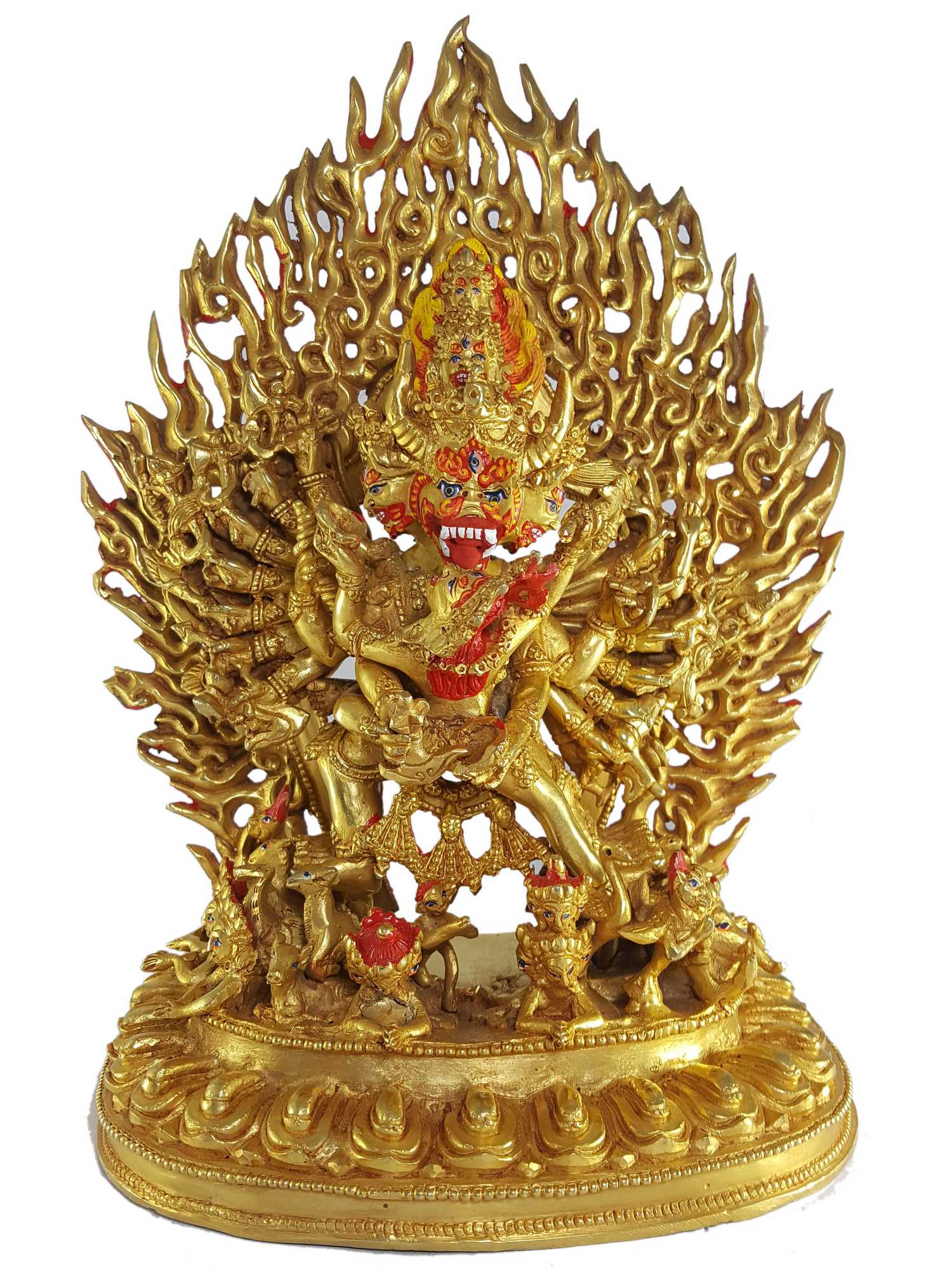

























































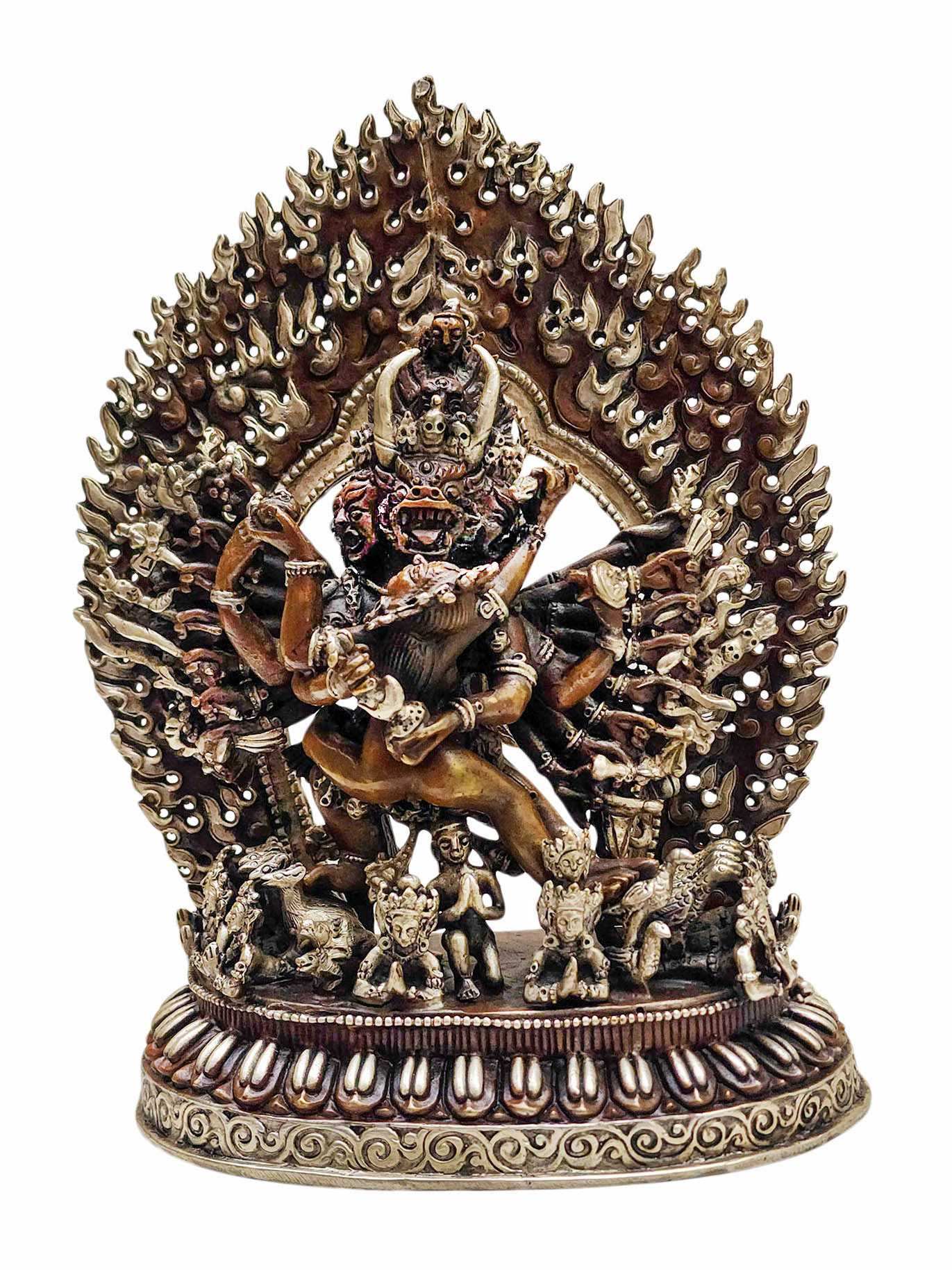 Yamantaka Shakti, Buddhist Handmade Statue
Yamantaka Shakti, Buddhist Handmade Statue 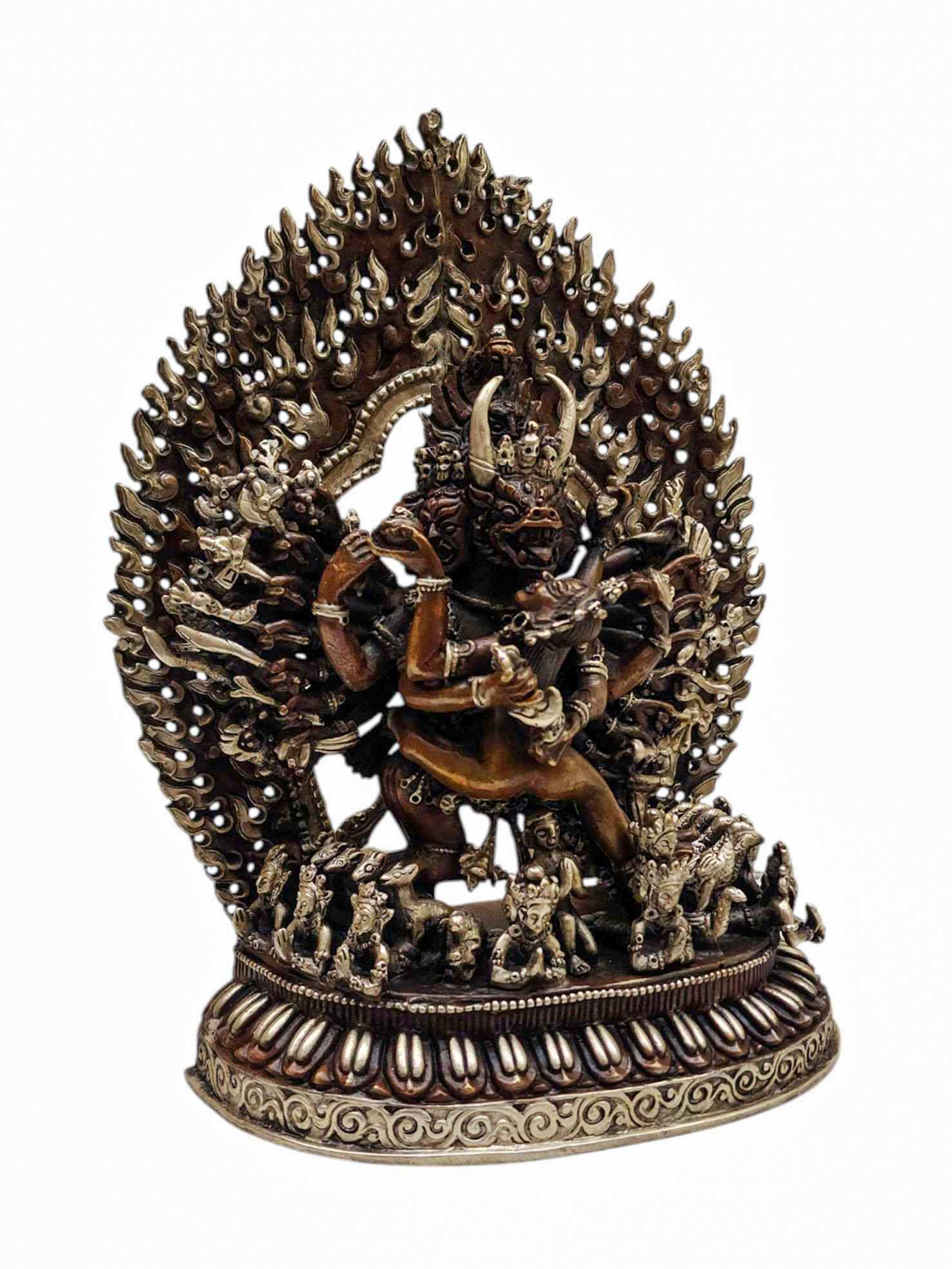 Yamantaka Shakti, Buddhist Handmade Statue
Yamantaka Shakti, Buddhist Handmade Statue  Yamantaka, Buddhist Handmade Statue,
Yamantaka, Buddhist Handmade Statue, 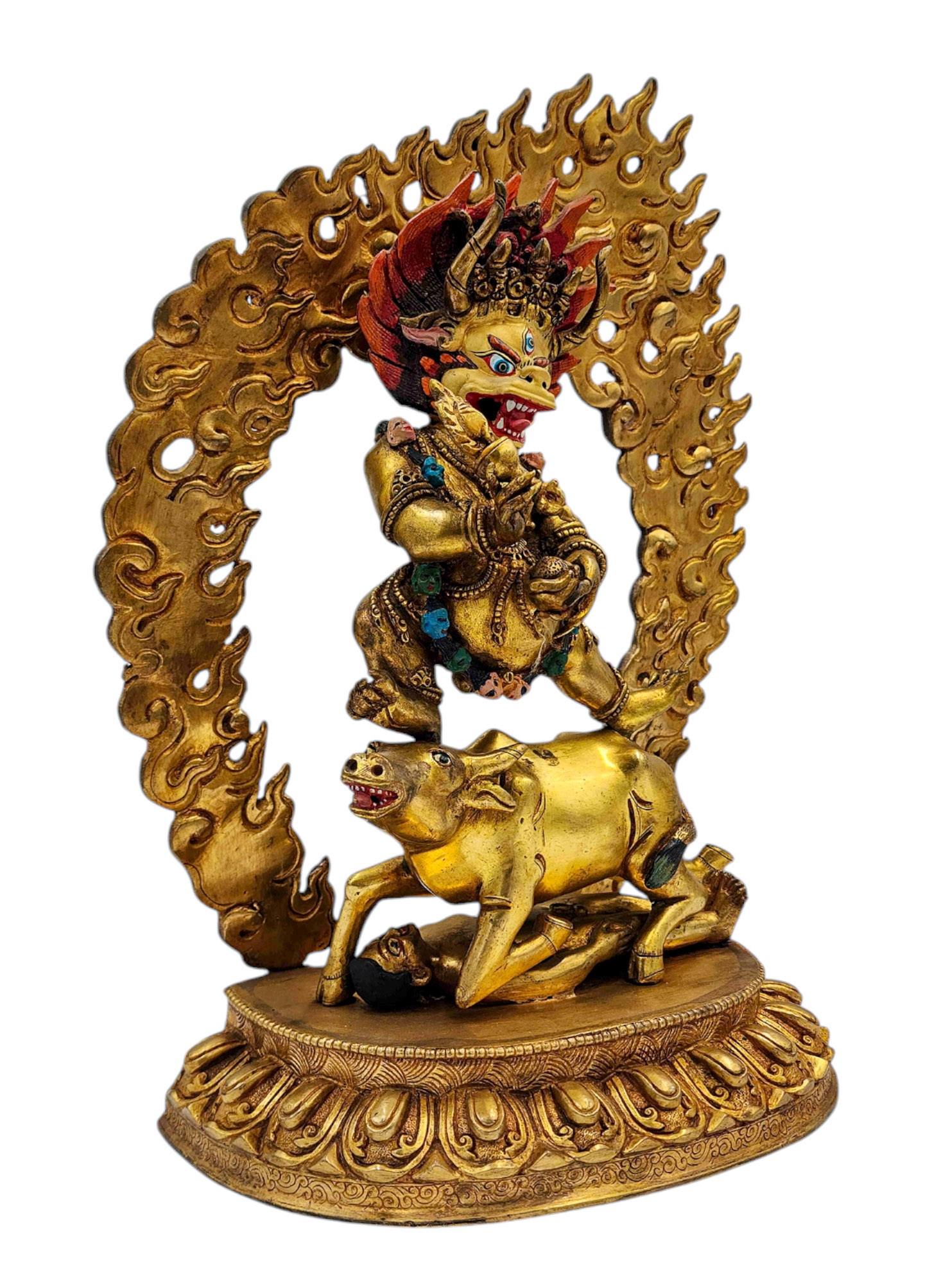 Yamantaka, Buddhist Handmade Statue,
Yamantaka, Buddhist Handmade Statue, 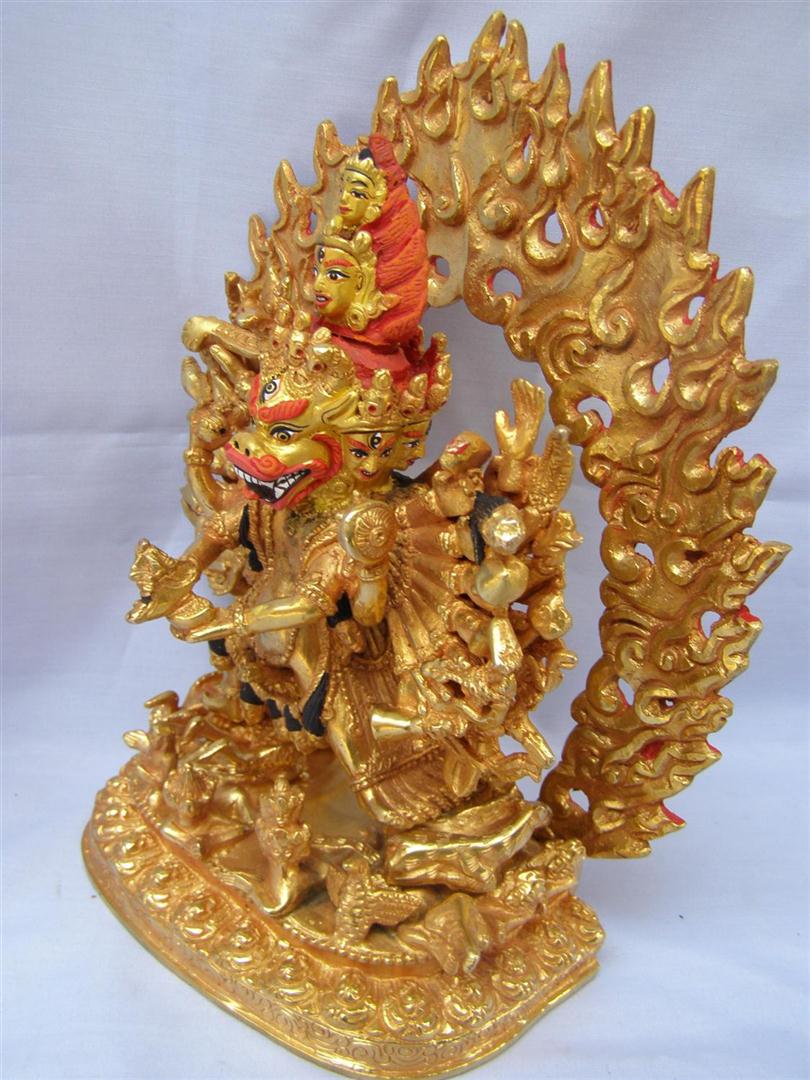 of Yamantaka Vajrabhairava- Heruka" title="Buddhist Statue
of Yamantaka Vajrabhairava- Heruka" title="Buddhist Statue 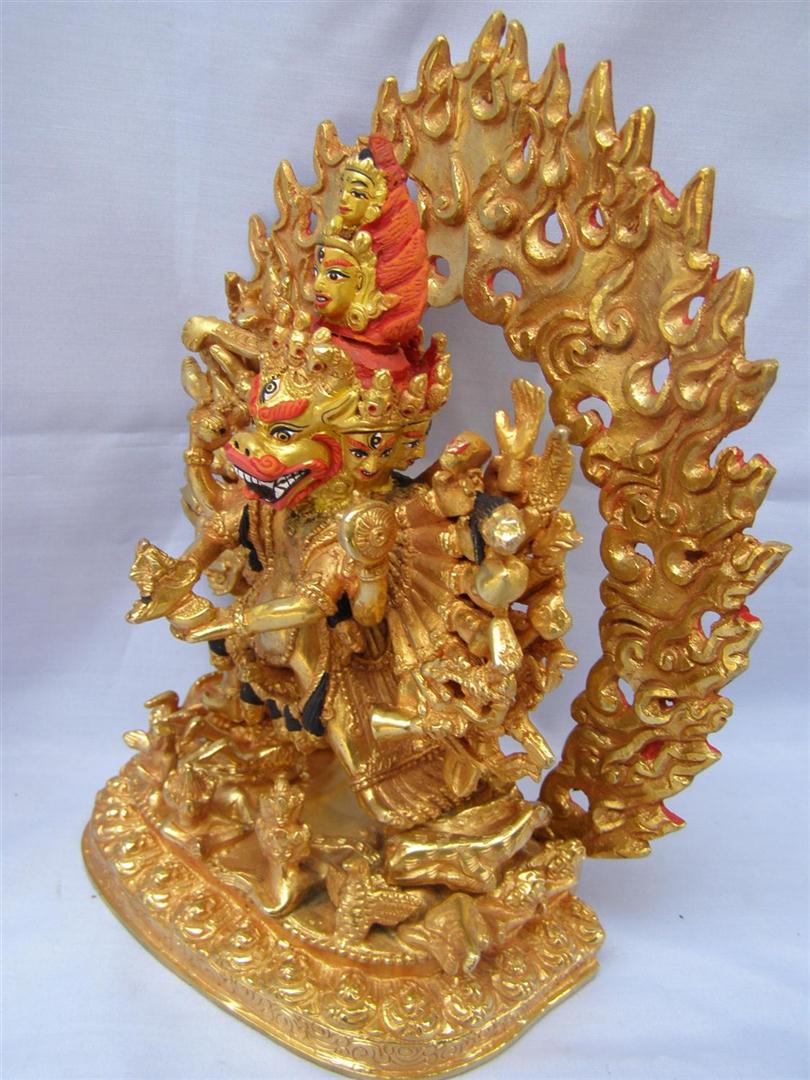 of Yamantaka Vajrabhairava- Heruka" title="Buddhist Statue
of Yamantaka Vajrabhairava- Heruka" title="Buddhist Statue 
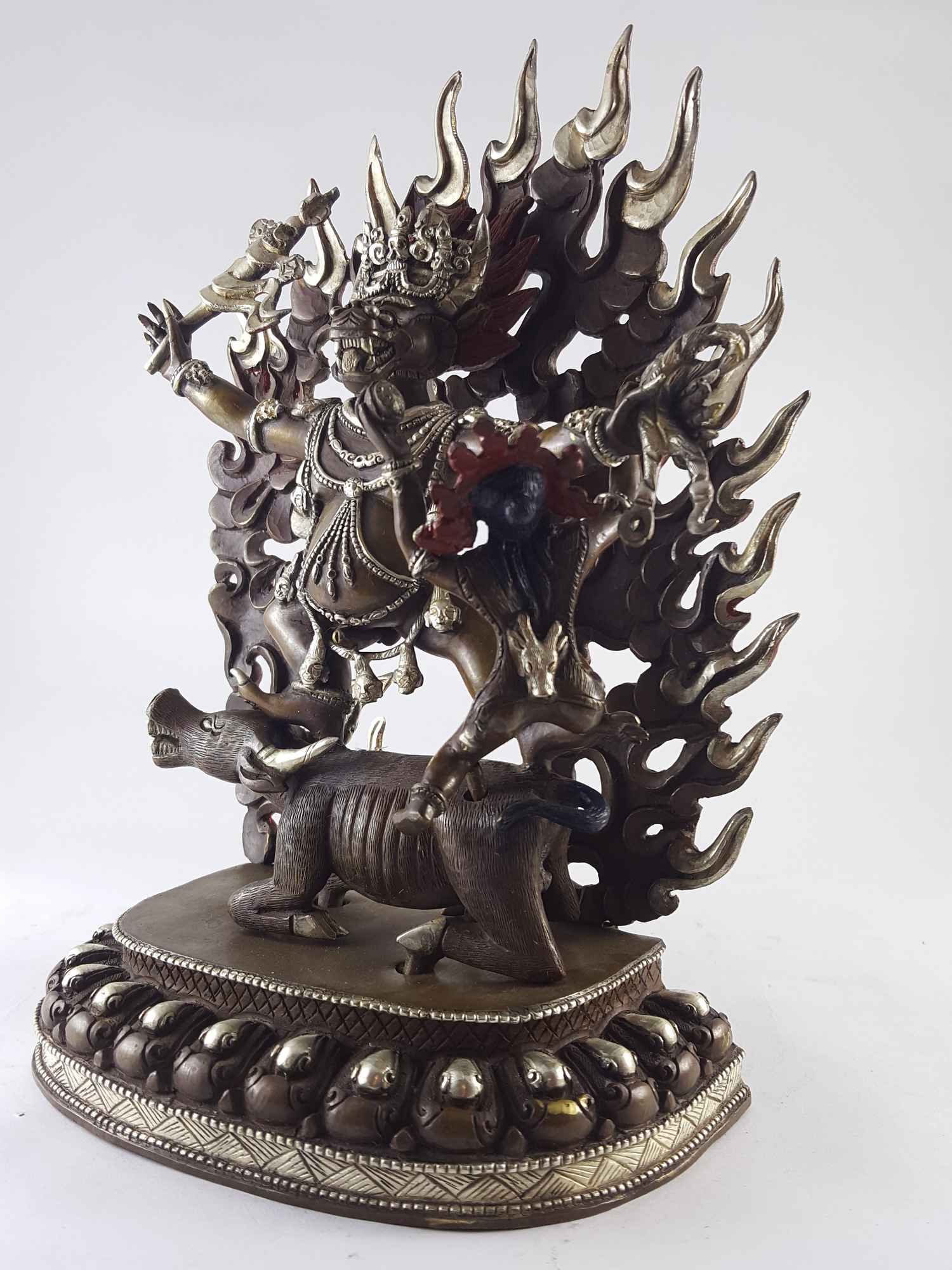
 Yamantaka, Buddhist Handmade Statue,
Yamantaka, Buddhist Handmade Statue, 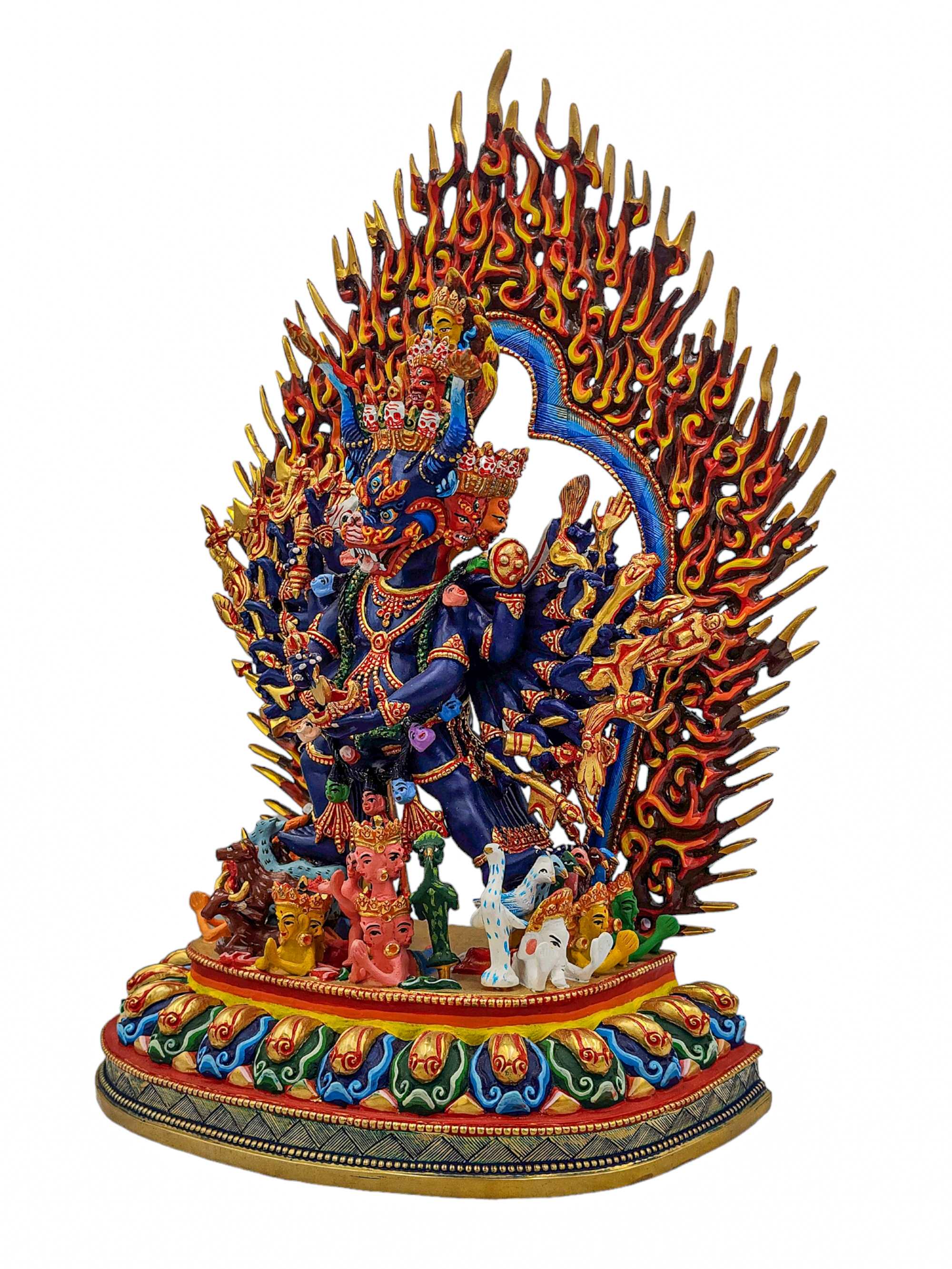 Yamantaka, Buddhist Handmade Statue,
Yamantaka, Buddhist Handmade Statue,  Rare Find Antique Statue
Rare Find Antique Statue 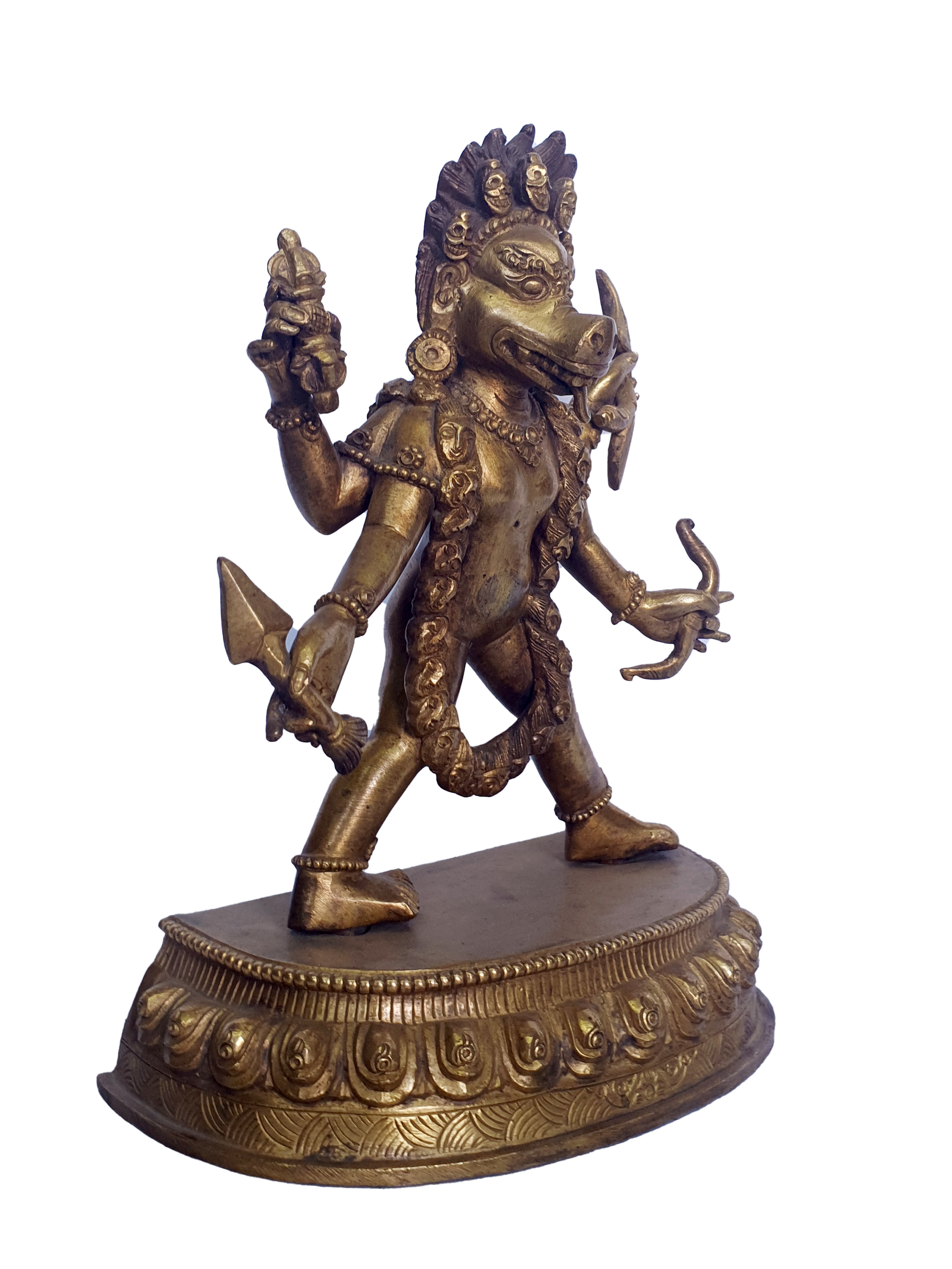 Rare Find Antique Statue
Rare Find Antique Statue 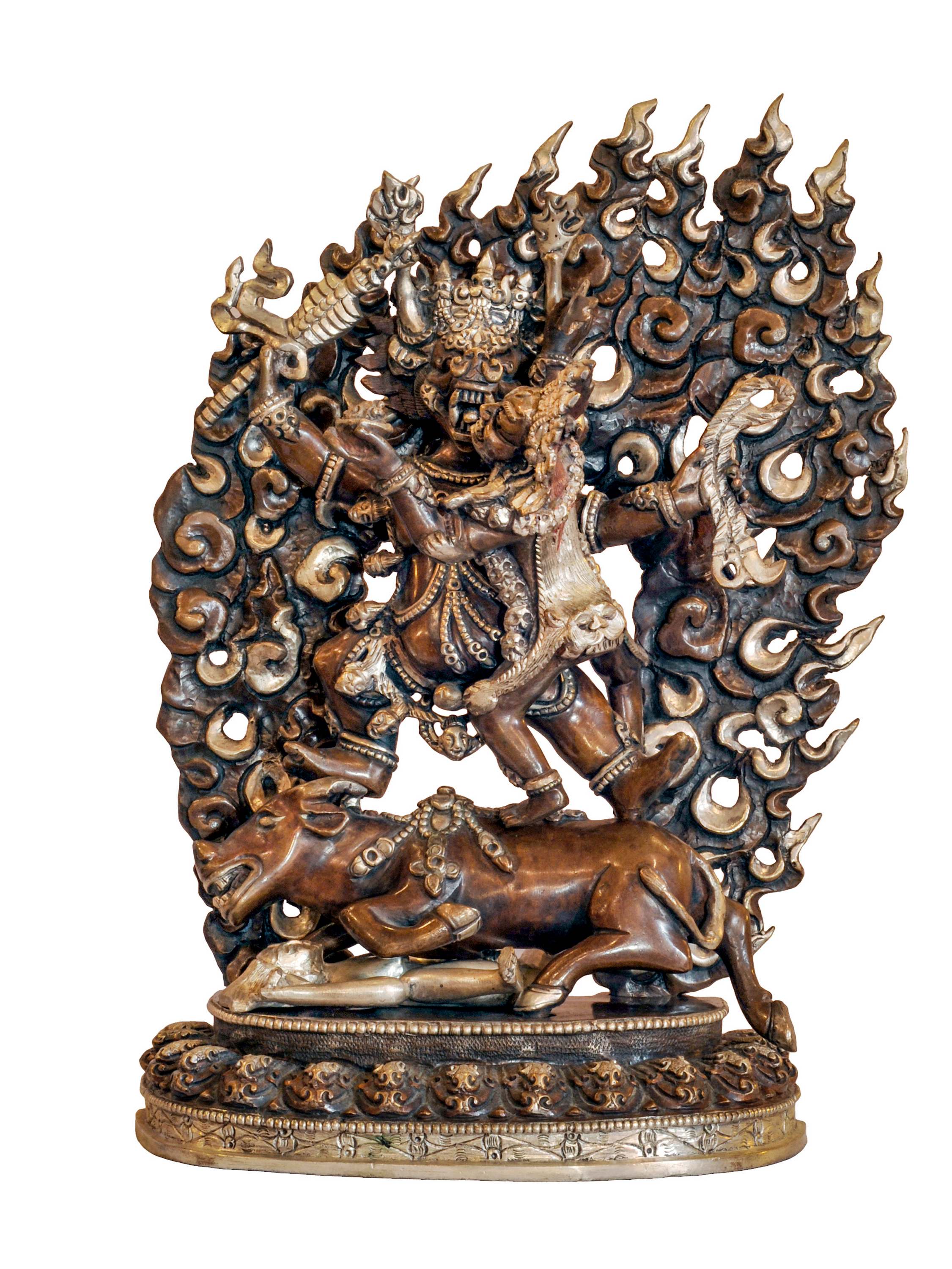 of Yamantaka Shakti Or Consort,
of Yamantaka Shakti Or Consort, 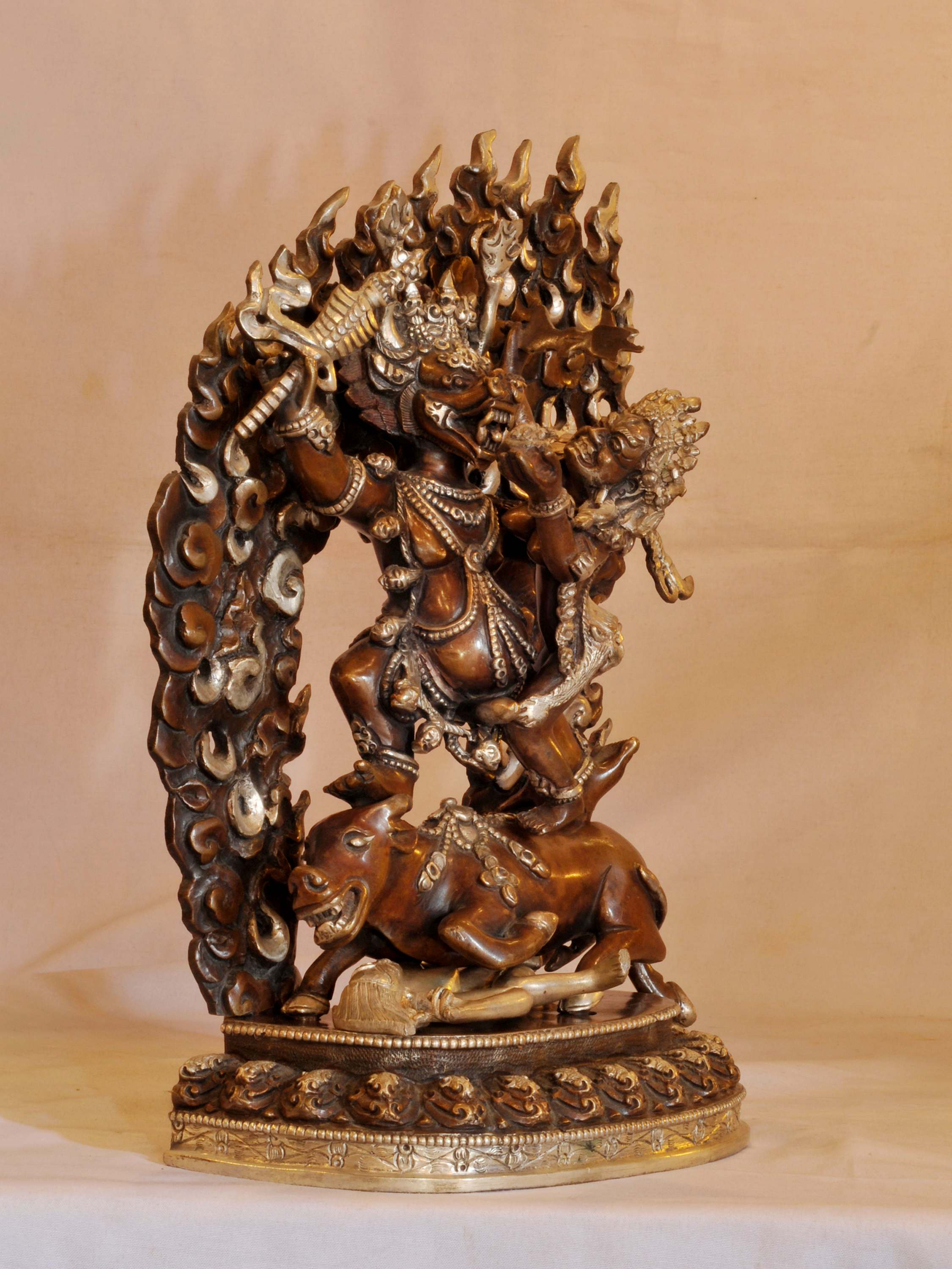 of Yamantaka Shakti Or Consort,
of Yamantaka Shakti Or Consort,  of Yamantaka,
of Yamantaka, 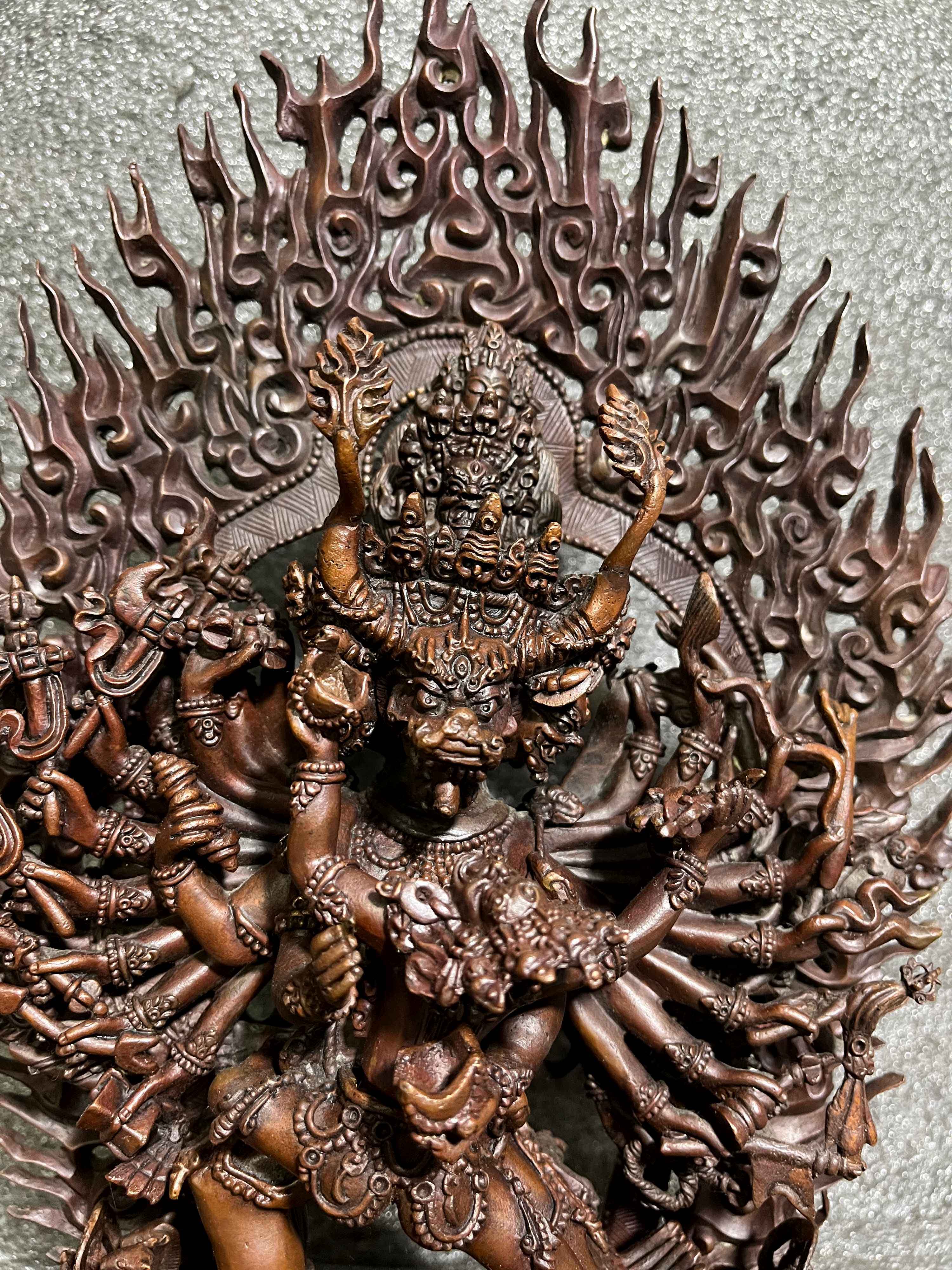 of Yamantaka,
of Yamantaka,  of Yamantaka,
of Yamantaka, 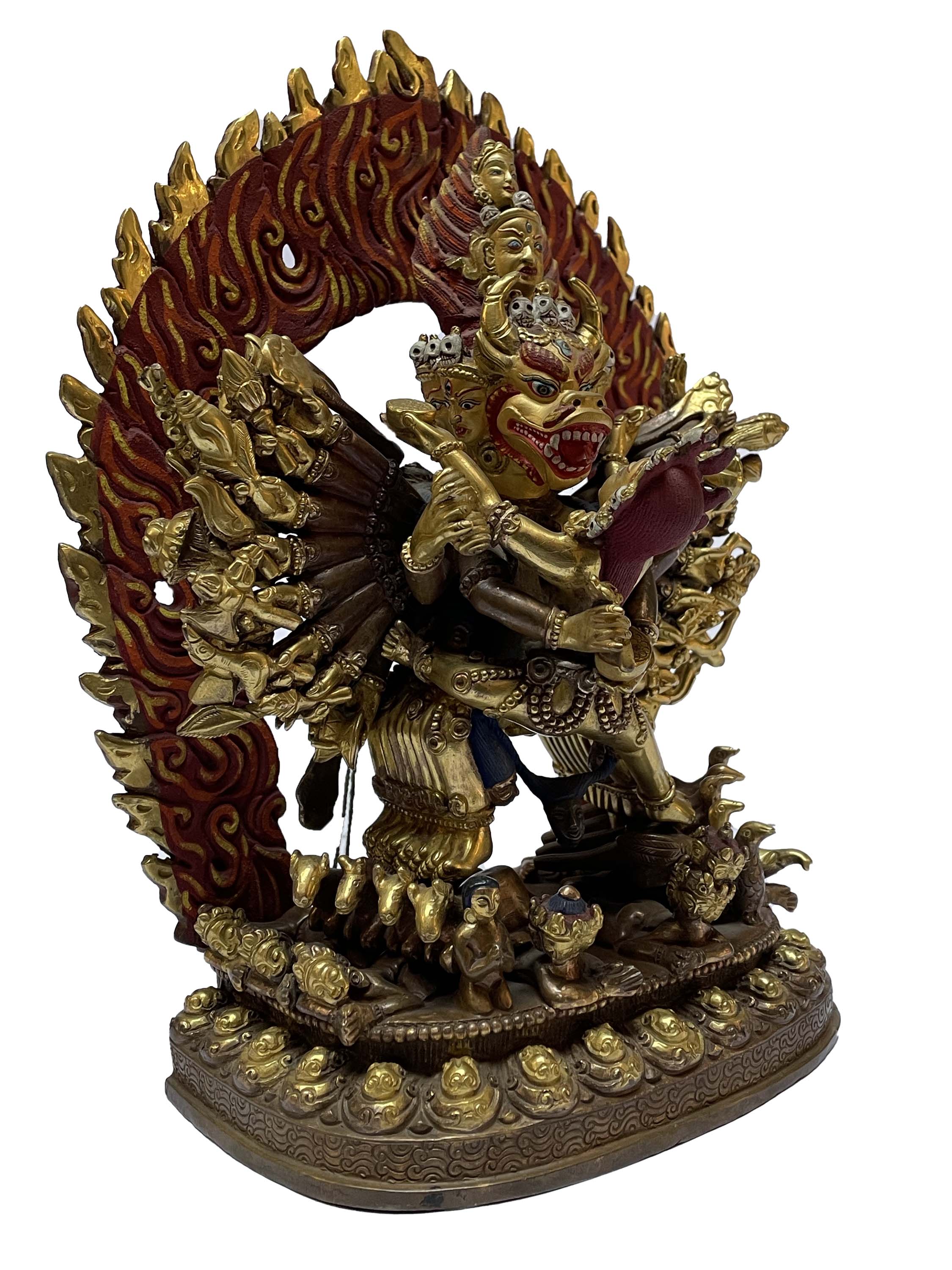 of Yamantaka,
of Yamantaka, 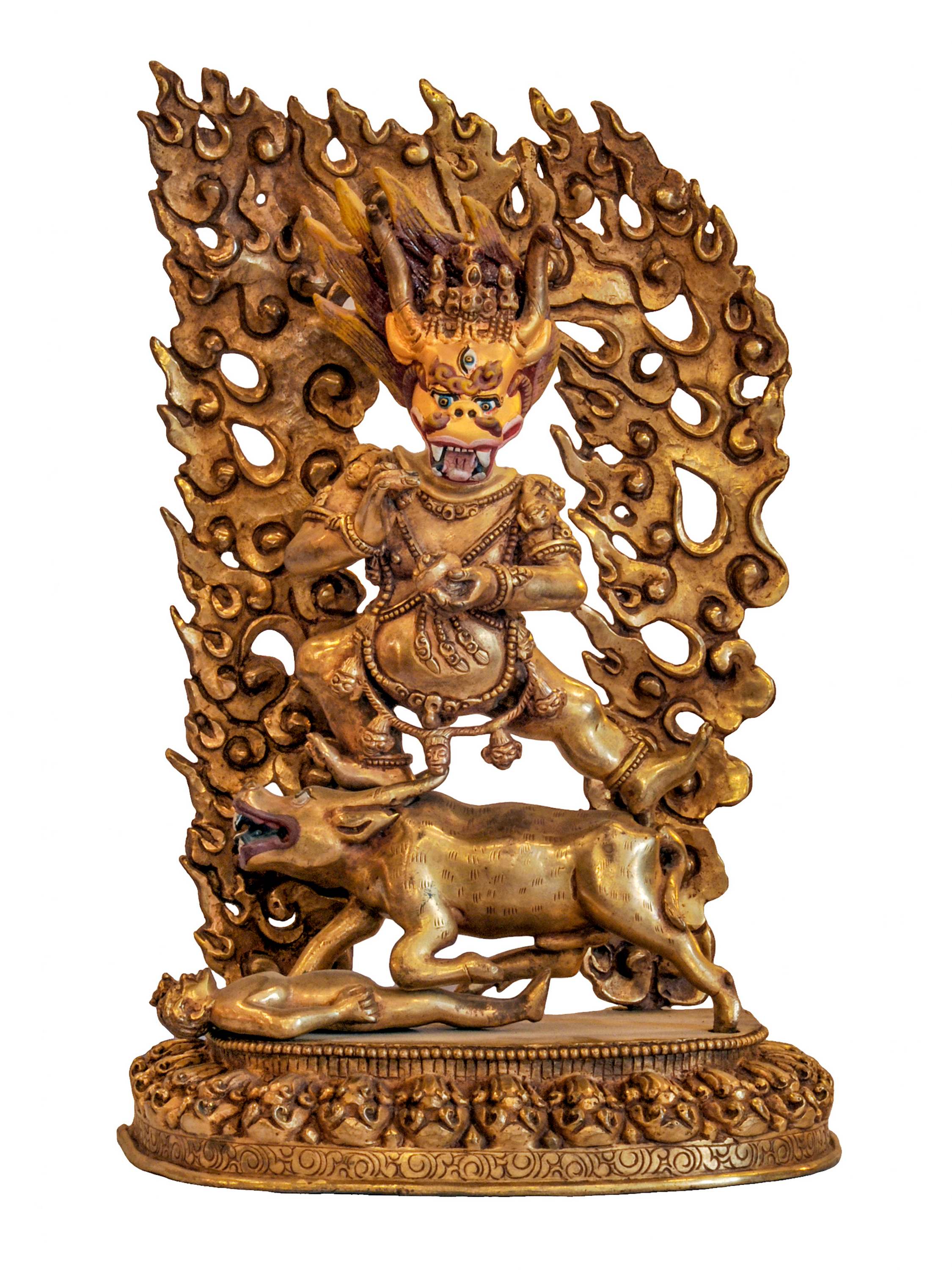 of Yamantaka, Full Gold Plated,
of Yamantaka, Full Gold Plated, 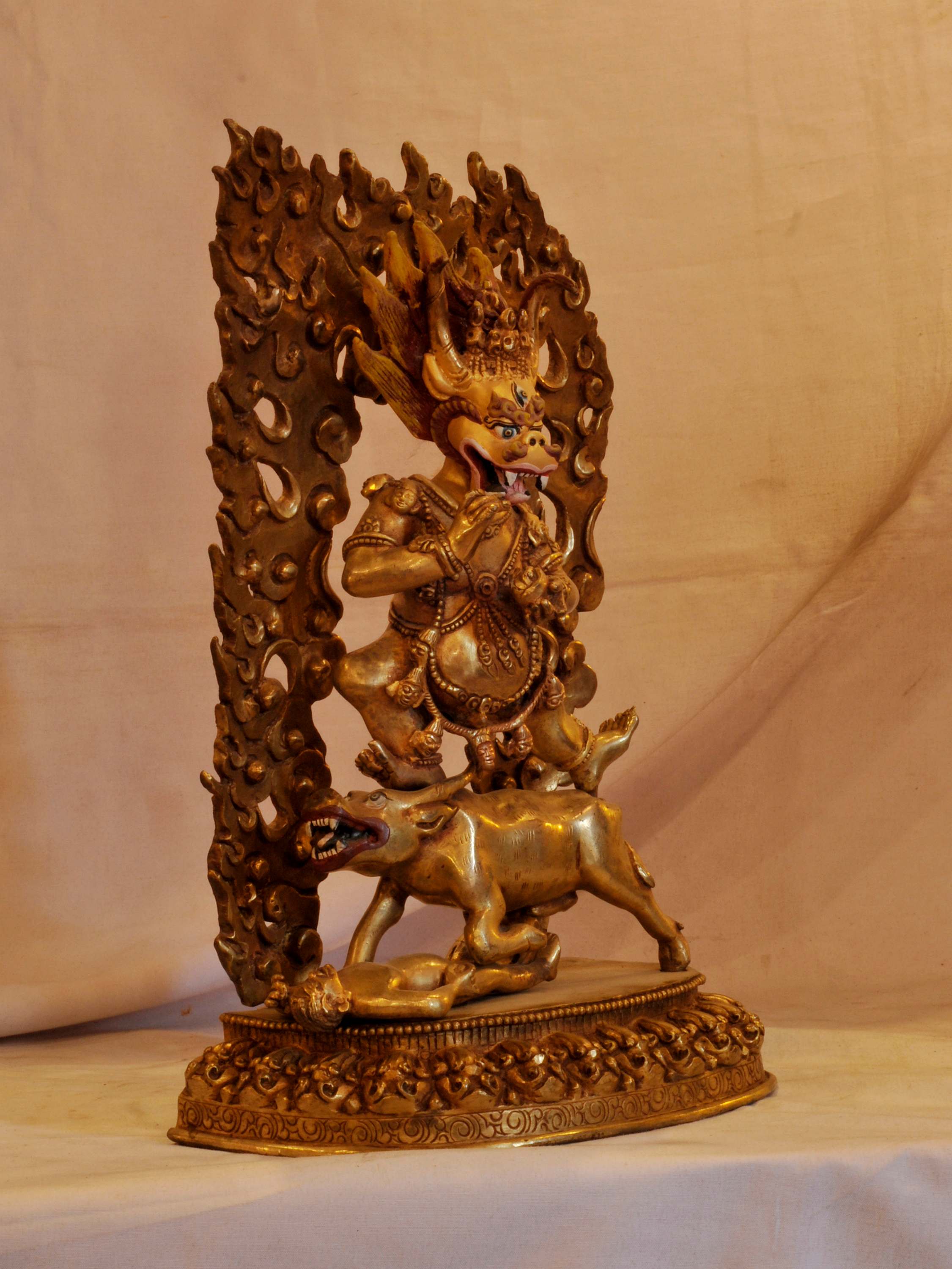 of Yamantaka, Full Gold Plated,
of Yamantaka, Full Gold Plated,